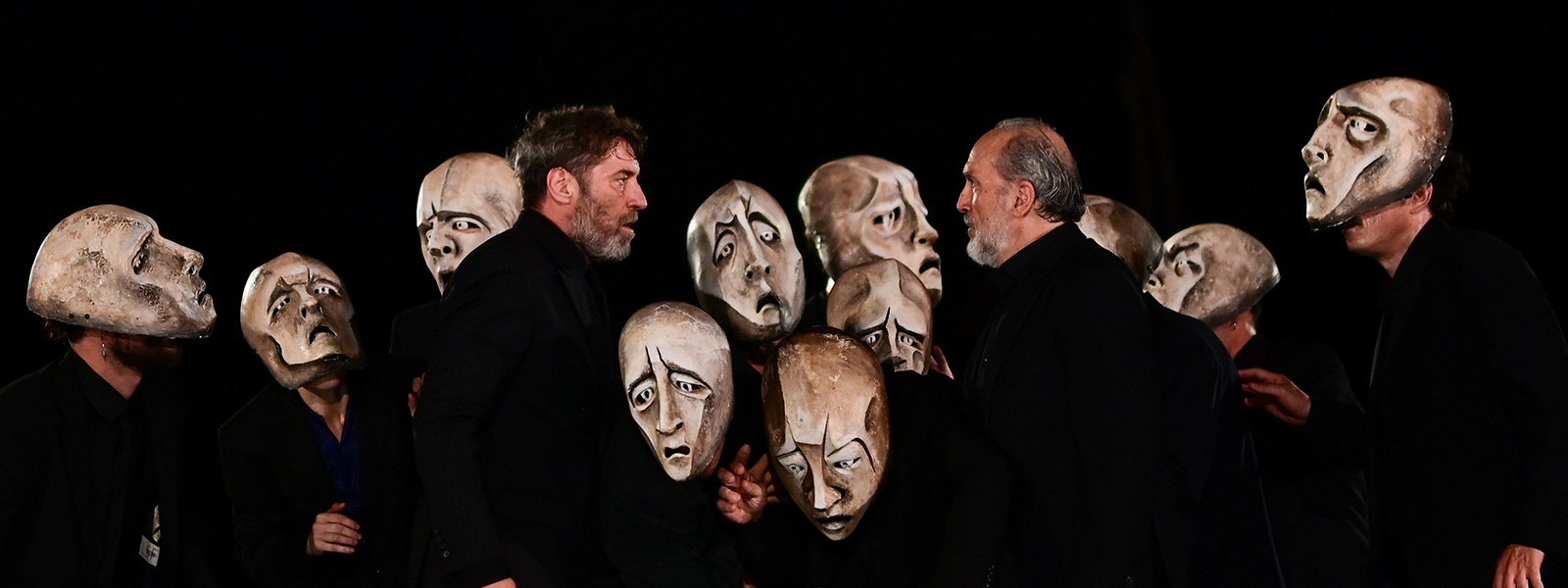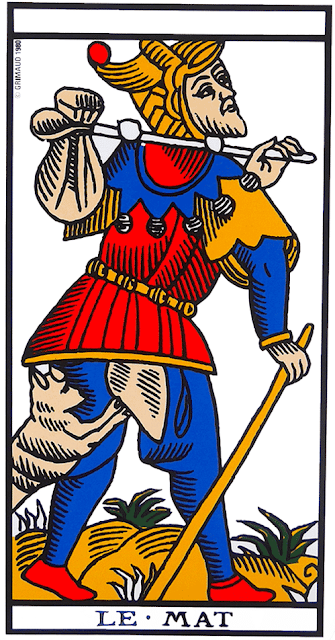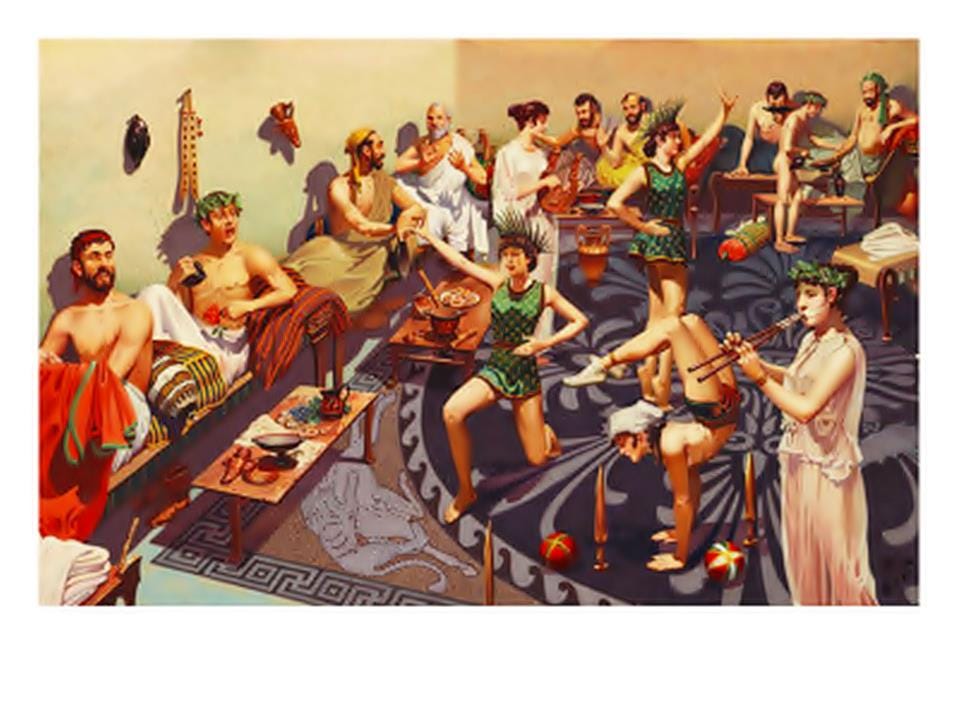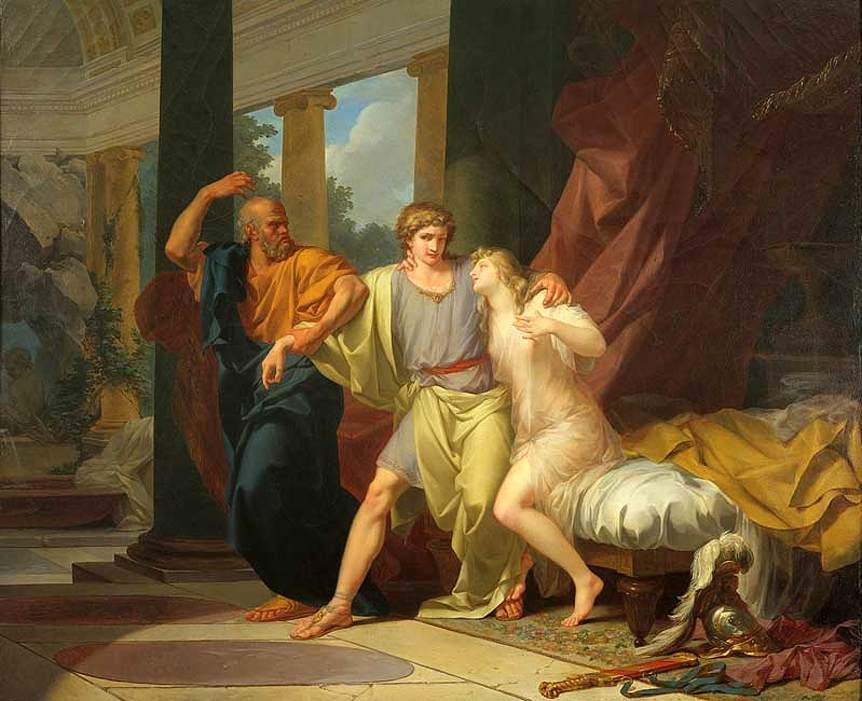Never Meet Your Heroes
By Van Bryan
Somebody once told me that you should never meet your heroes. That’s not much of a problem for me because most of my heroes are dead. Aristotle won’t be coming back as a zombie to engage in some chit chat any time soon. But how cool would that be?
There are a number of other eccentric writers that I admire. Hemingway comes to mind, so does Kerouac and Bukowski. Then again I’m not sure if meeting them would be such a good idea. It might ruin some of the mystique for one. For another, I run the risk of having them cleaning out my entire liquor cabinet.
So I have hesitantly agreed with the rule that you ought to never meet your heroes. Then again, if I ever run into Stephen King or Brian Fallon from the Gaslight Anthem, I might just lose my mind. However, let’s call them the two exceptions.
Where was I? Oh yes! Don’t meet your heroes.
Let’s take Socrates for example. He is, undoubtedly, one of my heroes. If I were to believe nothing else in my life, I would still believe this one tenant of Socratic philosophy- all true goodness stems from knowledge, and all true evil from ignorance.
However, like I said before, I probably would not want to ever meet Socrates. I might find out that he was just some crazy old man with a handful of good ideas who could never hold down a steady job. Wouldn’t that be just awful?
Not too long ago I realized something about Socrates which, at least in my opinion, is a pretty glaring character flaw.
Was Socrates a wonderful philosopher?
Yes.
Was he a brilliant thinker?
Assuredly.
Was Socrates a good husband?
Eh…
That’s right everybody. I am putting my foot down and telling you this. One of the most under-appreciated victims of history is the unfortunate woman who got stuck with marrying the father of western philosophy.
So without any further stalling, here are five reasons why Socrates was a terrible husband....
Share
What do you think, dear reader?
Should you meet your heroes? Do you have any examples where it was great? Examples were it wasn’t? Let us know in the comment section! And don’t forget let us know if you liked the article...
All the best,
Anya Leonard
Founder and Director
Classical Wisdom
Members, please enjoy our Member’s Only Threads, Roundtable Discussions and Comments Section, below. Not a member? Subscribe for 19 cents a day and level up your love of learning:
Five Reasons Why Socrates Was A Terrible Husband
by Van Bryan
Socrates is often credited with the quote,
“By all means, marry. If you get a good wife, you will be happy. If you get a bad one, you will be a philosopher.”
And we all (mostly men) get a good chuckle out of that. As a consequence of Socrates’ attitude towards his wife, Xanthippe is often remembered as a shrew, a scolding wife who was a pain in the rear end for philosophy’s most prestigious character. It was said that Xanthippe was so disagreeable that she once poured the contents of a chamber pot over the head of Socrates. This brings us to the other old expression…
“Behind every great ancient philosopher, there is a woman who hates his freaking guts.”
I think that’s how that one goes…
That isn’t to say that all writers wrote of Xanthippe as a shrew. Plato portrays her as a devoted wife and mother within the early pages of the Phaedo. Still, the overwhelming consensus is that she was an argumentative, troublesome wife who was the source of many headaches for the philosopher. To be fair though, Socrates was most likely a difficult person to live with. He certainly was a difficult person to have a conversation with. I imagine a conversation would go like this…
Hey Socrates, nice day we have.
Is it? Perhaps since you are so knowledgeable and wise of all these things that are good, you would be able to tell me in satisfactory terms what it means to be “nice.”
Oh Zeus, help me. You keep this up and they will execute you one day.
Despite his tendency to turn any type of menial chit chat into a long philosophical discourse, there were a few other reasons why Socrates might have been a rather awful husband.
Socrates, his two Wives, and Alcibiades, by Reyer van Blommendael. Instead of a chamberpot, Xanthippe douses her husband with cold water from a hydria.
And I will say this as something of a disclaimer: When recounting Socrates’ life, we run into what is known as the Socratic problem. Basically, we can never be sure if the character of Socrates (Socrates within the pages of philosophical dialogues) bears any resemblance to the man himself.
We will have to take something of a leap of faith here. As one of our colleagues put it, “It may not be the best history, but it is history of a sort.”
Share
1. Socrates wanted to argue
Sounds crazy right? That’s because it sort of is, at least by our modern standards.
Within Xenophon’s Symposium not to be confused with Plato’s, Socrates is asked why he puts up with his wife, a woman who is “the most shrewish.”
Socrates answers this rather plainly. He married Xanthippe precisely for her argumentative nature. His thinking was that if he could put up with her, manage her fiery temper, then he could easily converse with any other person in Athens.
Socrates gives the example of a horseman who wishes to become an expert. Rather than riding tame mules, the rider will choose some bucking bronco so that he might sharpen his skills and abilities.
Socrates says…
“I follow the example of the rider who wishes to become an expert horseman, none of your soft-mouthed, docile animals for me. The horse for me to own must show some spirit: in the belief, no doubt, if he can manage such an animal, it will be easy enough to deal with every other horse besides. And that is just my case. I wish to deal with human beings, to associate with man in general; hence my choice of wife. I know full well, if I can tolerate her spirit, I can with ease attach myself to every human being else.” -Xenophon (Symposium)
So Socrates did not marry his wife because he loved her, or because she was a devoted mother, or even because she was beautiful -you know, stupid reasons. He married her so that she might become a training partner for his philosophical excursions, albeit she was probably an unwilling one.
I imagine that when they got into arguments, Socrates probably spurred her on. She would probably mention how he spends too much time getting drunk at symposiums. Then he would say something passive aggressive about her mother. You know, normal stuff.
I’m no marriage counselor, but if you marry your wife for the sole purpose of arguing with her, don’t be surprised when she dumps a chamber pot over your head.
Xanthippe pours water over Socrates
, by Luca Giordano
2. Socrates didn’t have a job
While he regularly engaged in philosophical discussion, Socrates refused to accept any money for his services. This was done out of principle, because a pursuit of wisdom and truth are the only rewards a philosopher really needs. Socrates mentions again and again within Plato’s Apology that he has very little money.
“And had I gained anything, or if my exhortations had been paid, there would have been some sense in that: but now, as you will perceive, not even the impudence of my accusers dares to say that I have ever exacted or sought pay of anyone; they have no witness of that. And I have a witness of the truth of what I say; my poverty is a sufficient witness.” -Plato (The Apology)
Now that is a rather noble sentiment. Socrates is a philosopher who is committed to his task and seeks no financial remuneration for his services. How wise of him.
Or is it?
If there are any people who didn’t think that this was wonderful, it was probably his wife and children. You remember them? They are those people who depend on Socrates to provide for them, to put food on the table. Well, don’t worry if you forgot about them. It’s possible that Socrates did too.
And before you decide to tell me that acquiring money would have destroyed Socrates’ philosophical virtue, I would remind you that there were plenty of other philosophers who would disagree.
Aristotle is one of them. Within the pages of his Nicomachean Ethics, Aristotle tells us how we should pursue wisdom and understanding for its own sake. The pursuit of knowledge will lead us to a happy life. That’s true.
Aristotle also tells us that having a roof over our heads and food on our tables is not something we can ignore. A man needs some money, philosopher or not. That isn’t to say that Socrates needed to completely sell out and try to become rich, but a little bit of income might have been nice.
Still, it is possible that Xanthippe did not need Socrates to bring home the falafel. It is believed that Xanthippe may have come from a wealthy, or at least moderately wealthy, family. We can make this assumption because her oldest son, Lamprocles, was named after his maternal grandfather.
This was a bit odd. Ancient tradition dictated that the first born son be named after his paternal grandfather. The only exception was if the maternal grandfather was wealthy or was held in high regard within the society. So Xanthippe’s father, who is believed to have been named Lamprocles, would have been more firmly established within Athenian society. His name would have been preferred.
If this is true, then it is possible that Socrates depended on his wife’s family money, Which doesn’t really help his case much. He begins to start looking like a dead beat husband, albeit a brilliant, philosophical one.
3. Socrates got drunk with his buddies
So Socrates has a nagging wife and he doesn’t have a job. What is the next step in this tired cliché? He goes drinking with his pals of course!
The ancient Greeks called them symposiums. They were a cultural staple for philosophers and common citizens alike. A symposium was attended only by men (I assume their clubhouse had a sign out front that read “no girls allowed.”) They would drink from a communal wine bowl, and once everybody was nice and hammered a philosophical discussion would commence.
What a great excuse for drinking. Nowadays we study philosophy in the day and go drinking at night. Little do we know that they actually complement each other!
I wish I had thought of this as an excuse when I was in college. If my mother ever called me and asked if I was drinking, I could just tell her, “I’m working on philosophy!”
Okay, so Socrates is at these symposiums with all his friends. Where is Xanthippe? I assume she is home alone wondering when her drunk husband would stumble through the door. That’s one option.
I always liked to imagine that when Socrates was out, Xanthippe invited all the other philosophers’ wives over and they drank retsina and swapped gossip. That might not be historically accurate, but it makes me smile.
4. Socrates loved somebody else
Socrates married his wife because she had some spirit about her, not necessarily because he loved her. However, Socrates does admit to loving another person: a man, if you really must know.
Alcibiades, the young and handsome military commander was Socrates’ true love, other than philosophy of course. It was not uncommon, or by any means uncouth, for two consenting men to have a romantic and sexual relationship during the days of classical Greece.
Within the pages of Plato’s Gorgias, Socrates tells us how he is the lover of Alcibiades…
“I perceive that you and I have a common feeling. For we are lovers both, and both of us have two loves apiece:—I am the lover of Alcibiades, the son of Cleinias, and of philosophy.” –Plato (Gorgias)
Alcibiades also makes a surprise appearance during the events of Plato’s Symposium. The young man barges in to the party and recounts how he admires Socrates and how he had attempted to seduce him on many occasions.
Socrates Dragging Alcibiades from the Embrace of Aspasia, by Jean-Baptiste Regnault
It is probably important that we point out that there is no evidence within this dialogue to suggest Socrates ever slept with Alcibiades. The younger man had hoped to sleep with Socrates so that the philosopher might impart some wisdom unto him. Socrates replied that he would be getting the short end of the bargain, trading philosophical wisdom for cheap thrills.
So Socrates may not have slept with Alcibiades, perhaps he is not an adulterer. Still, I can’t imagine that Xanthippe would have been very happy that her husband went around telling all of Athens that he loved somebody else. that sort of behavior just doesn’t promote a healthy marriage.
Share
5. Socrates makes Xanthippe leave his execution
You probably already know how the story ends. Socrates does his thing for long enough, he upsets all the right people, and he is eventually sentenced to death for his crimes; surprisingly, being a shady husband was not one of them.
At the outset of Plato’s Phaedo, Socrates is sitting in his prison awaiting his execution. He has just had his shackles removed and the guards are now beginning to mix the hemlock poison. As Socrates’ friends enter the cell, Xanthippe is sitting beside her husband, holding his youngest child in her arms. She is crying uncontrollably. Xanthippe says to her husband…
“O Socrates, this is the last time that either you will converse with your friends, or they with you.” -Plato (Phaedo)
At this point, I have to admire Xanthippe a bit. After all the lousy things that Socrates put her through, after all the misery and the headaches, he is still her husband and she is still his wife. It is rather touching actually. And it is nice to see that even if Socrates does not care about his mortal life, at least his wife does.
And how does he repay her for her loyalty? Doe Socrates consul her and tell her he loves her? Does he kiss his child and tell her that it will all be okay?
Nope. He sends her home without as much as a goodbye. Socrates instructs one of his friends to take Xanthippe home, rather curtly. She is escorted out, sobbing all the while.
Well, okay. Perhaps Socrates removed her from the dungeon so that she would not have to bear witness to her beloved husband’s execution. Maybe Socrates was trying to spare her the heartache. That would be nice, wouldn’t it?
It would be, if that had been why he removed his wife. The real reason he sends Xanthippe away is because his bros had arrived, and he needed to have one more philosophical discussion before he kicked the bucket. All those womanly emotions get in the way of philosophy, you know how it is.
Poor Xanthippe, she probably wasn’t the most agreeable person. But then again, she did have a rather difficult husband. If Socrates was a real person today, she would have divorced him long ago and taken full custody of the children. Try thinking of that next time you read philosophy.
Support the Classics! Become a free or paid member and enjoy the love of learning:
- Enlace a artículo -
Más info en https://ift.tt/SNerHg3 / Tfno. & WA 607725547 Centro MENADEL (Frasco Martín) Psicología Clínica y Tradicional en Mijas. #Menadel #Psicología #Clínica #Tradicional #MijasPueblo
*No suscribimos necesariamente las opiniones o artículos aquí compartidos. No todo es lo que parece.

































